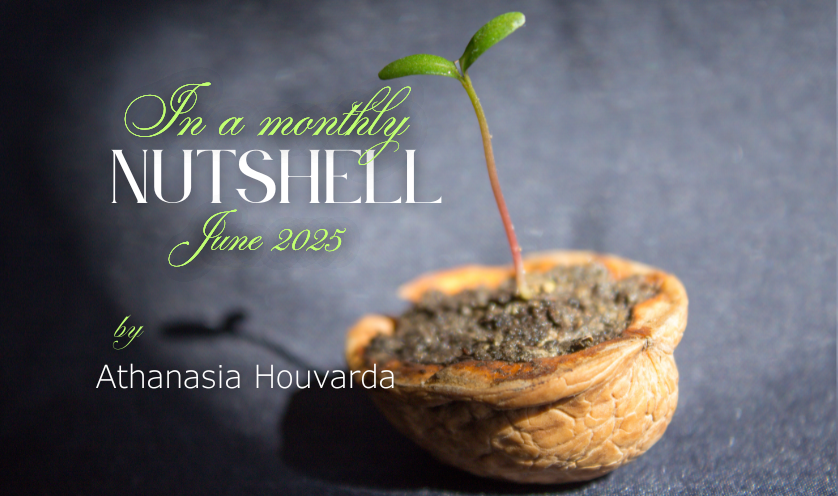Pain sucks! The Role of the Brain in Pain
- Athanasia Houvarda

- Jul 17, 2023
- 2 min read
Navigating the realm of pain management is a profound challenge for burn survivors, both physically and emotionally.
As a burn survivor who has endured pain on both physical and emotional levels, I have been on a challenging journey of recovery for the last 22 years. Pain management became an integral part of my life, but I always felt like I lacked a deeper understanding of it.
Until recently, when I had the privilege of attending a presentation at Canada's annual Burn Survivors Community Conference in Calgary by Alex Chilsholm.
Alex is a dedicated physiotherapist who works closely with burn survivors.
In a creative way, she presented how a burn survivor experiences pain due to nerve damage.
...and YES! Pain Sucks!
So, what do we really know about pain?
Through her enlightening presentation on the neurological aspects of pain, Alex shed light on the role of nocioceptors in pain perception.
Nocioceptors = Danger receptors
What happens when our danger receptors are activated?
Alex shared a personal story to highlight the essential role of the brain in pain perception.
She also explained that our brain not only processes the incoming pain signals but also integrates various factors, such as emotions, memories, and cognitive processes, into the pain experience.
The Mind-Body Connection
Alex also emphasized the profound connection between the mind and the body in the experience of pain. How? She creatively used, as an example, the 50 Shades of Gray film to explain how our mood can influence our pain perception.
She highlighted the influence of psychological factors such as mood and lust that can change our pain perception. By recognizing the mind-body connection, we gained a deeper understanding of how addressing psychological and emotional well-being can positively impact our pain experience.
Empowering Burn Survivors
Alex's presentation skills were truly remarkable. Her passion for the subject matter is genuine, and her ability to communicate complex concepts in a clear and engaging manner, captivated everyone in the audience from start to finish.
Thanks to Alex, we gained a deeper understanding of pain perception and the potential for pain relief, and we can now navigate our pain journeys with increased confidence, resilience, and a sense of empowerment.
Thank you Alex for your invaluable contributions to the field of pain management!




Comments